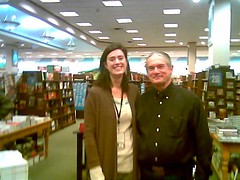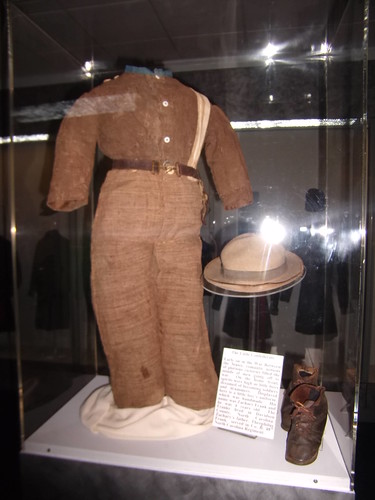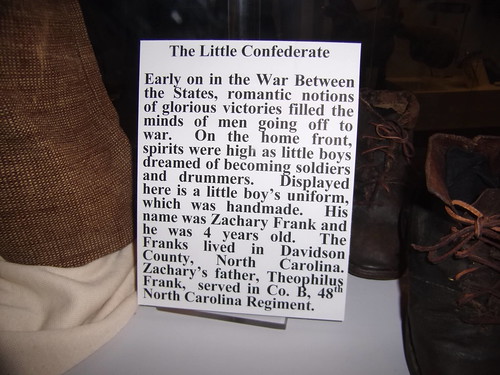Lyrics: “Never Gonna Fly” by Radney Foster
When it comes to music, sometimes I think I’ve got the compulsions and addictive personality of a drunk or a gambler. Once again, a song on the Americana station caught my attention. The artist was Radney Foster. After listening to his song, “Never Gonna Fly,” I quickly found his website: According to the site, “Radney Foster’s songs carry enough guts, depth and soul to deliver a knock out punch to any serious listener,” says fellow Texan and co-writer Pat Green. I would have to agree. I definitely want to learn more about this talented songwriter. I will likely purchase Foster’s CD soon, This World We Live In. The Texas songwriter (now in Nashville) has been writing songs since he was seventeen. Foster’s site quotes him as saying: “The best records I’ve done are about big transitions, things that have happened in my life that made me dig around in my soul.” This was a song that made me dig a little into my own soul, so I thought I’d better post the lyrics. If I got any of the lines wrong, let me know. (rickeyp@bayou.com)
“Never Gonna Fly” by Radney Foster
A young man full of pride don’t need much hope
He thinks he’s got it made even when he don’t
Thinks all he’s got to do is order up a beer or two
And make work what everybody tells him won’t
He don’t care what all those people say
He’s got to bend the world his own way
He’s got dreams, he’s got no doubts
You’re either in or you’re out
And it’s better to burn than it is to fail
You wanna feel the wind, you gotta take the ride
You better dream big, you wanna touch the sky
You can’t be scared to risk it all
You never gonna fly if you’re afraid to fall
An old man don’t waste time with regrets
He’s made mistakes along the way and yet
He smiles as he’s looking back
He says I’d do it all again
In fact, you learn something new
With every single scar you get
You wanna feel the wind, you gotta take the ride
You better dream big, you wanna touch the sky
You can’t be scared to risk it all
You never gonna fly if you’re afraid to fall
Guess it’s true that time, it really does slip away
You won’t elude the chances you don’t take
You wanna feel the wind, you gotta take the ride
You better dream big, you wanna touch the sky
You can’t be scared to risk it all
No, you’re never gonna fly if you’re afraid to fall
You’re never gonna fly if you’re afraid to fall
If you’re afraid to fall
If you’re afraid to fall
Go on son, you can fly



